by Yao Atunwa
We Grenadians are a very insecure people. I say this irrespective of any other characteristic, be it constructive or otherwise.
Our insecurity is a prevalent characteristic that is displayed in a myriad of ways in the day-to-day lives of our people, from withholding support, to not valuing things that are of critical importance to our upliftment as a group, to downrightly passive aggressive behaviour towards others who have not injured us in any way. Our insecure disposition is a constant in the tapestry of social life on the island and with Grenadians in the Diaspora. More importantly, in order to explore the wide claim just made, one of the questions that needs to be asked is: where does this leave us as a people? What are the implications of such a scenario? And perhaps a less interesting question for many: how did it come about in the first place?
It is obviously not hard to fathom the origin of our insecure disposition as a people who are still seeking to assert our right to be self-defining 4 decades after receiving political independence from Britain. That insecurity is part and parcel with our un-freedom. That is, it dwells in our culture, to produce a group of people who wrestle with the same dynamics and see the same results. Make no mistake about it, we are of the same cloth as our elected officials, no difference whatsoever.
Think about it, we only say that politicians are different and seek to isolate ourselves from them when they abuse the people’s trust with their indifference and lack of responsibility as stewards of the nation. What we do not realise is that the indifferent and irresponsible behaviour that is often on display by elected officials share a common root with our very own indifference and crude behaviour when we should be giving each other a hand and building collaboratively. But one can tell the nature of a people by the leadership that represents them.
A people are a reflection of their leadership, and vice versa. What both represent is a culture practiced by its many subjects – us individuals. In any given culture, there are major markers of identity that members are invested in, voluntarily and involuntarily, some more than others and at various intervals. Most of us are not necessarily conscious of what they are or in a position to articulate them clearly. Nonetheless, our psychological history is what is being denoted in such makers, essentially, because that is the black box where everything is recorded for playback. Take for example our esteem in one another, and how it would have increased or decreased based on where we are in seeking to overcome challenges pertaining to our survival, relatively and generally speaking.
One of those invisible makers is our great deficiency of knowledge about our history as a people, and more importantly our great history of resilience in the face of oppression. This aspect of our history is hardly brought to the forefront, if at all. Not even our political and economic history is taught in our primary and secondary schools to any significant degree – much less our African history, of which a great many of us ought to be vested. The failure to engage seriously in teachings about the events that shaped our current realities leaves us very vulnerable and impressionable to agendas that are not conducive to our social and psychological development. This very situation is precisely why we remain dependent on the assistance of foreigners in almost all aspects of what supposed to be our internal affairs, to the point where the encroachment is becoming more brazen. For instance, laws pertaining to the financial governance and thus the regulations of our monetary activities are being infringed upon by OECD states, with laws such as the infamous Fiscal Responsibility Act that is adversely affecting workers’ ability to adequately bargain for very modest increases in salary and even obtain the level of benefits entitled to by law.
It is pretty much a situation where our constitution, which was created for us by our colonisers, is being updated in ways that are absolutely not progressive. Therefore, the yoke of colonialism is being given new life, when we should be busy shaping and affirming an identity that contrasts the oppressive legacy that has been the backdrop to our history, psychologically, economically, socially, and politically. All of which are being reinforced in our great failure to recognise that the playbook has not changed; that we remain dependent on Europeans mightily. And that they do not have our interest at heart; and will never be able to.
In such context, with progressivism lacking in both the mindset of our people and our political leadership, we will only witness the same patterns of behaviour from our citizenry and as a result, our elected officials who come from the very same citizenry with all the makers intact. The twin effect, in that of the values of the leadership in its failure to adopt or imagine progressive policies and the peoples’ own failure to move pass complacency and engage in progressive and serious challenges to the current order, remains. When such happens, it means there is very little respect for each other, as is typical in oppressive conditions. The internalisation of the oppression endured by multiple generations makes it rather difficult for progressive ideas and plans to gain traction, especially when there isn’t a great amount of resources available to execute such plans in the immediate and without a collective approach. The focus by most is on the immediate and agendas tend to get defined along personal lines, i.e. mere self-interest.
The politicians, in representing the people, are merely facilitators of special interests and oftentimes their own separate interests. The insecurity that we are wired with as a people who are chained to an oppressive system continues to wreak havoc on our people’s mental and social condition, continuously. The so-called typical modes of behaviour mentioned early (excessive competitiveness and covetousness, overtly and covertly) are seen as “normal” in folks seeking to relate to each other. Consequently, social, progressive movements are harder to come by under those acute conditions; that is, until conscientious and conscious members of the society begin to challenge the dominant narratives regarding the economic, political, and social dimensions of the society, to raise the consciousness level of the people. This is exactly what took place leading up to the revolution that came into effect on 13 March 1979 and had to continue in order to save the processes that were undertaken to fundamentally change the Grenadian society. In other words, a redefinition process was central to that movement that was led by a group of very young and political astute Grenadians at the time.
For one, education was being redefined along social lines, to give greater purpose and aspiration to the endeavour of educating our citizens beyond personal aspiration and benefit. But like the revolution, that was short-lived for the most part when neoliberalism triumphed in the wake of the demise of our experiment in revolutionary processes. The messaging by the invaders helped greatly to reverse the progress made in our people, in how they came to understand and view themselves – the portal of all changes. The held view that the United States Army and its governmental leaders saved Grenadians made all the practical sense to many Grenadians made vulnerable vis-à-vis the great void that resulted, even with ones who conscientiously experienced the social and material benefits of the revolutionary processes: when the distrust amidst the chaos would have raised its ugly head in a galvanising way to seal the fate of the young revolution. So much so that there was little counterargument from even the staunchest proponents of the changes already started taking effect in the lives of Grenadians.
The grave errors made in the PRG leadership, to the extent that the lives of core members and other Grenadians were taken, pretty much gave Grenada over to the salivating US that looked at our interest in self-determination as a direct assault on their hegemonic interest to dominate all coloured nations. Now, we celebrate Thanksgiving on 25 October to commemorate the US saving us from ourselves, if I can put it that way. And obviously, we do not think much about it, especially at this juncture. If we only knew the geopolitics involved in the orchestration of the mighty US army invading a tiny Caribbean nation-state under the pretext that its students were in great danger, or the other infamous line, that we were building a Soviet-Cuba military base when all we intended to do is feed ourselves by seeking to broaden our reach to international markets with an international airport.
Now, more than ever, we look to US culture for an understanding of our position in the world and ultimately ourselves. Our tastes and general consumption patterns are being tailored by their commentators and TV programming. Rugged individualism, the benchmark value of neoliberalism, is with us in a large way; not realising that our freedom can never come from mere individual expressions and self-interests. Such is the deception that we succumb to. But all we have to do to realise the grand scheme of deception is to pay attention to the moral and social bankruptcy of the US. If you can, notice the high degree of freedom roughly half its population who are poor and low-income are enjoying when they cannot afford to rent in 70% of US counties because they simply cannot afford rent on their low incomes; or the aging baby-boomers who are finding themselves unable to retire when they are currently struggling to stay afloat; or the countless young adults saddled with student loan debt to the point where it is a huge challenge to afford the very basic necessities, and certainly not a mortgage in most cases.
The sheer volume of people either underemployed or working multiple jobs just to stay afloat, with tens of millions unemployed, is only becoming worse, while a very tiny minority continue to increase their income levels and overall wealth under the capitalist system designed to produce those results invariably. Those who make up the 1% take home on average 39 times more in income that the bottom 90%. To make matters worse, those of the 0.1% income is 188 times more than the bottom 90% of the population. How much freedom are these people belonging to the bottom 90% enjoying?
While such calamity is happening in near silence on US soil, our nation is mired in foreign debt. It was 108% of GDP in 2013, after being over 80% of GDP from 2004. Now it is in the region of 70% of GDP, while we are still struggling to employ our people in the midst of a very high cost of living. How are we to say that we are a free people, when we are hardly in charge of defining our destiny? Freedom can only be derived from group efficacy and dynamics. Freedom is a social phenomena. It is the organised imagination that sets a people free. Thus, ultimately, to free ourselves involves a conscious process of building healthy and sustainable communities from collective effort. The types of institutions and systems we seek to create would reflect our desire for freedom. An un-free people are an insecure people. The more un-free a people are, the more insecure they would be. The un-freedom is not an abstraction; it can only manifest in the social relations of the members of the society. That is why individual freedom is derived from group freedom or group dynamics. If the group is not free, the individual cannot be free. Our insecurity, not analysed adequately, would never provide such revelation. Certainly, not when the escape is to seek to be the biggest consumer one can possibly be; and quite frankly, many are literally dying trying in the US and everywhere the neoliberal tentacles have touched. A free people seek to solve their own problems; they don’t rely on others to do so.
Yao Atunwa is the founder and director of The Butler Group, and currently serves as the editor-in-chief of its quarterly magazine, VISION. Visit www.thebutlerplanproject.org to learn about the Butler Plan and Project, as they seek to bring transformative change to Grenada, Carriacou and Petite Martinique.

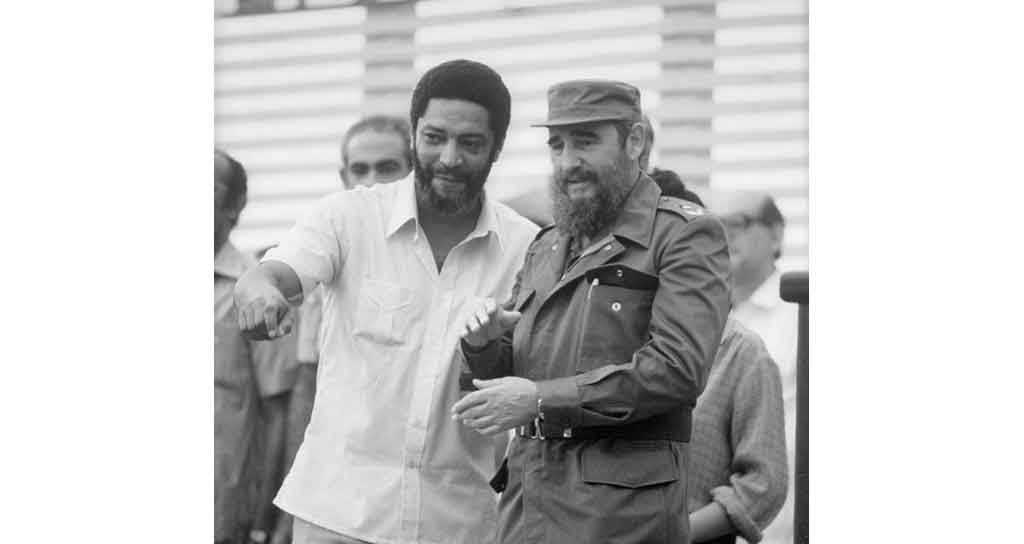
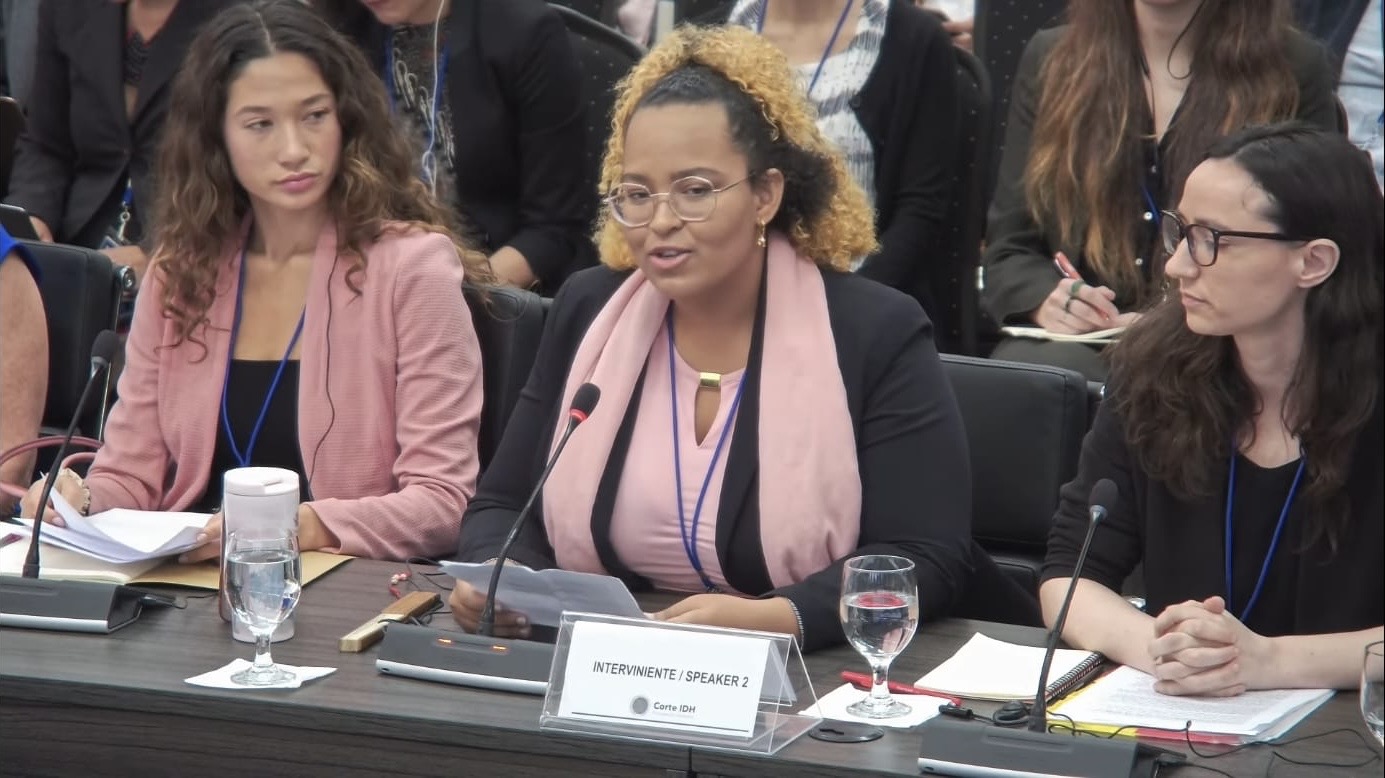
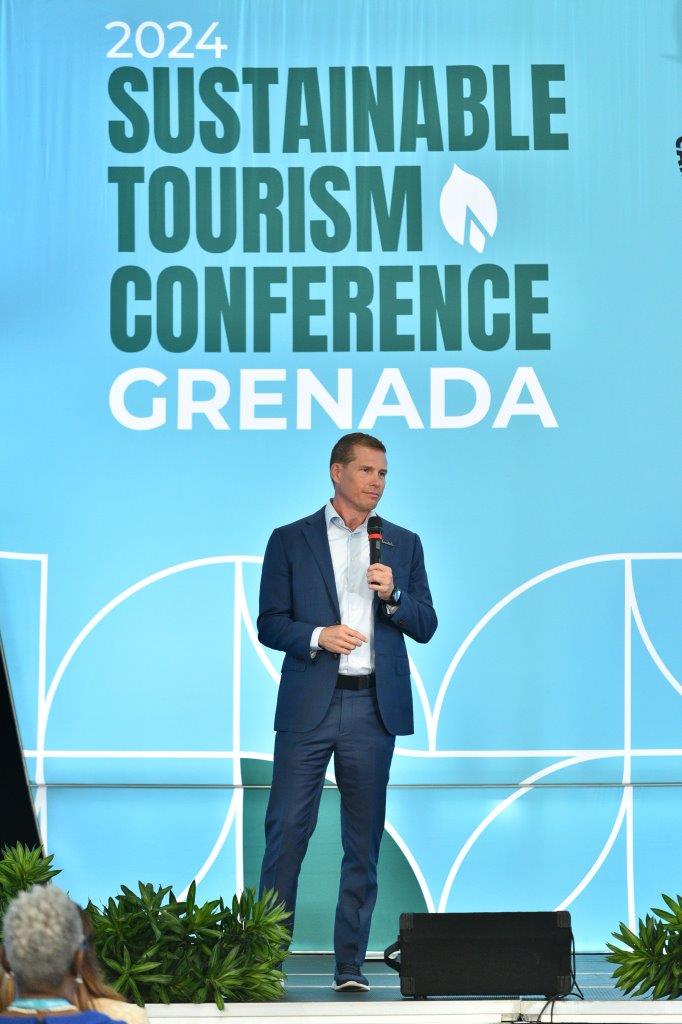

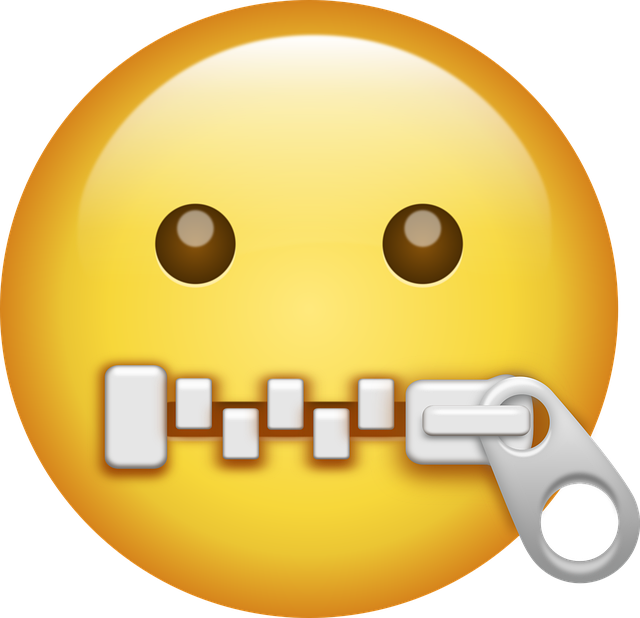
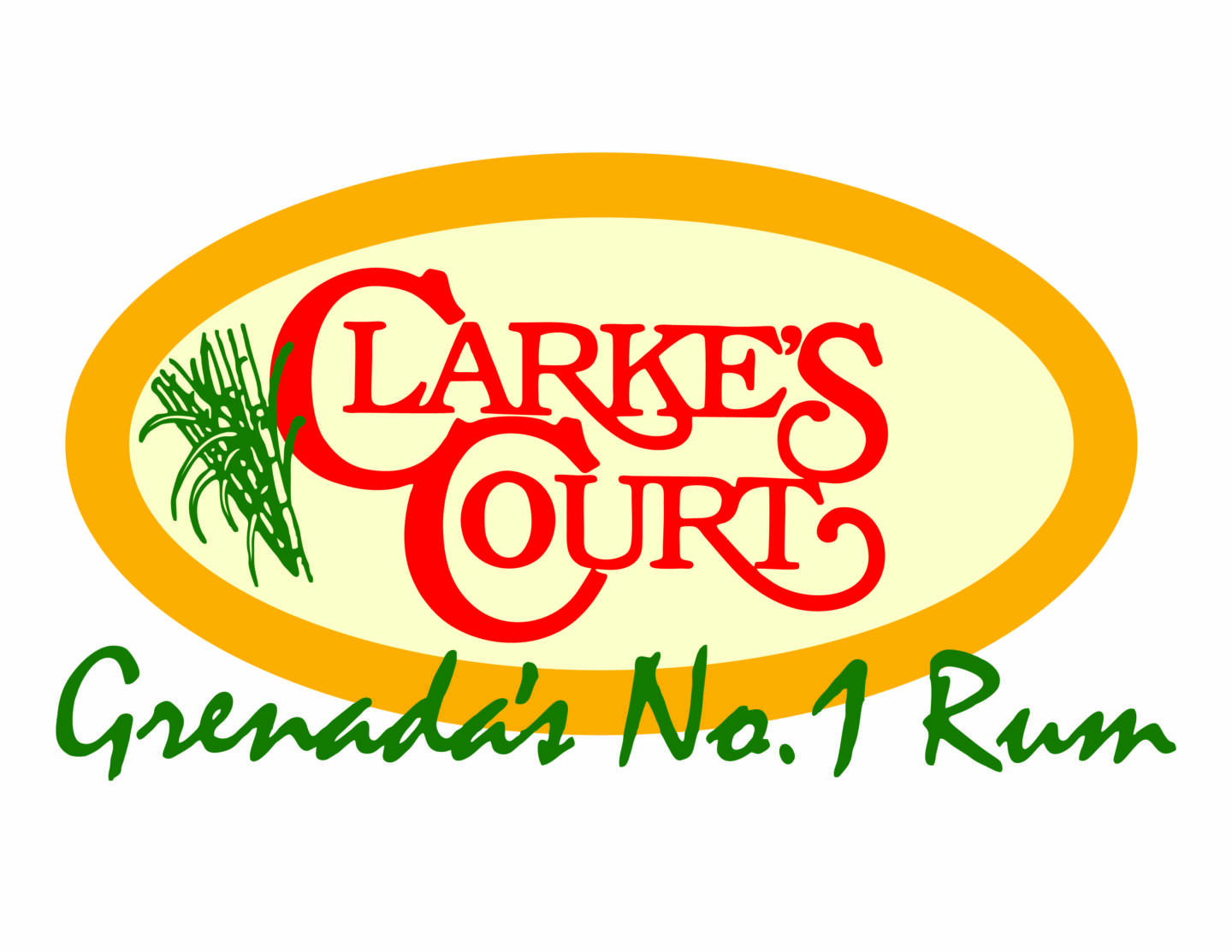
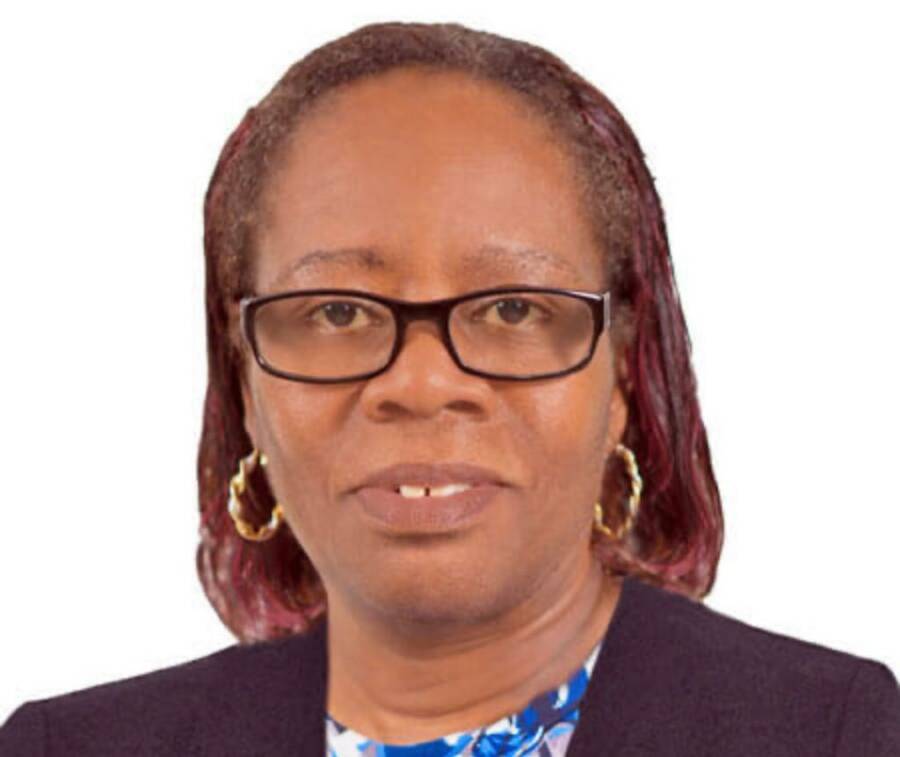
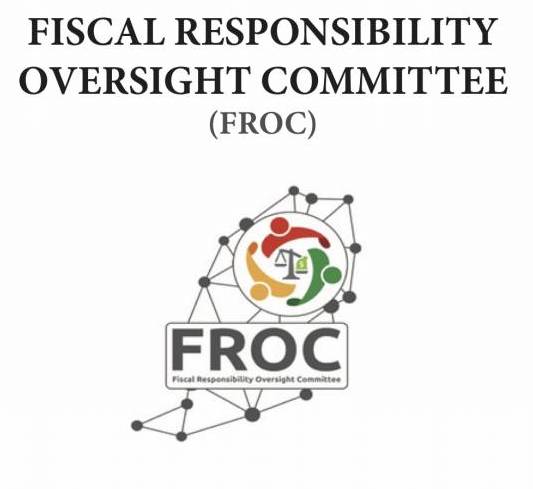
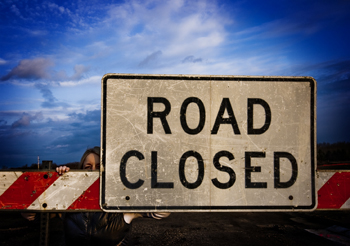
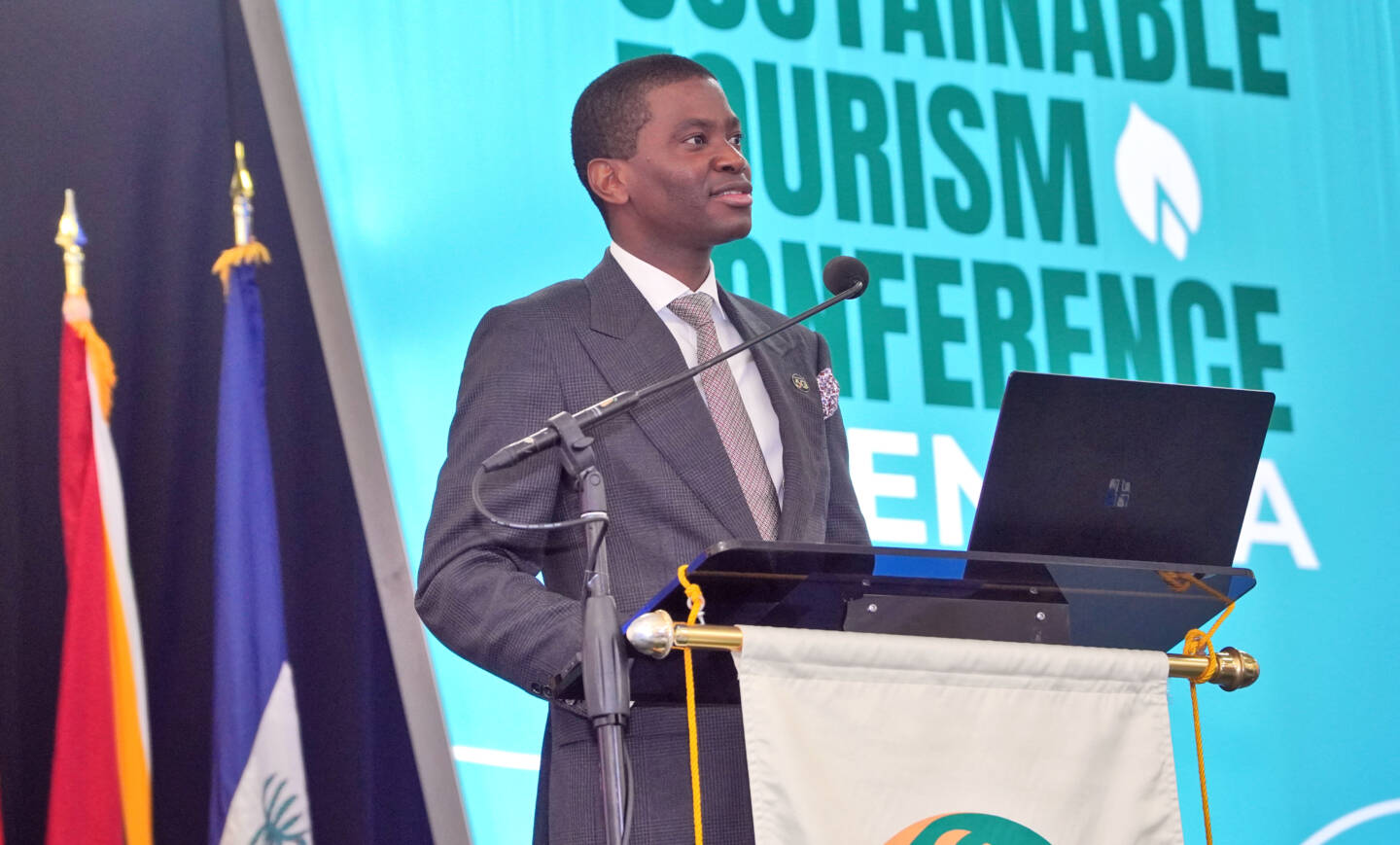

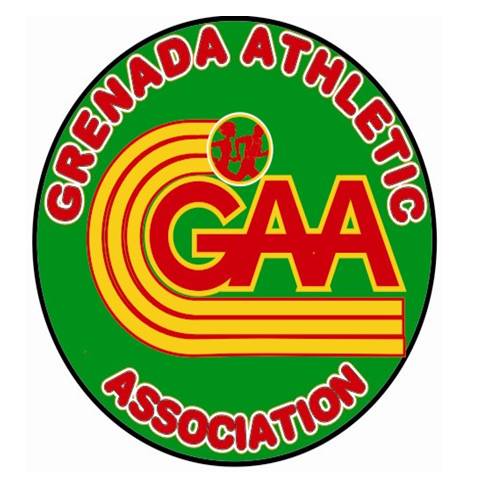


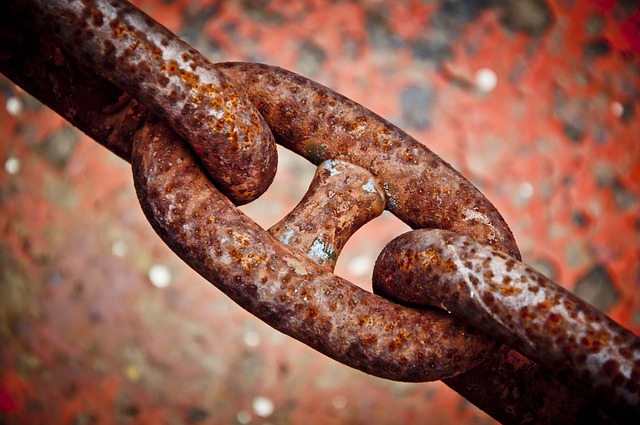

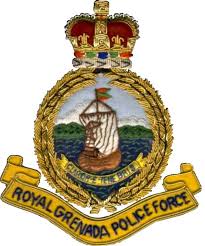


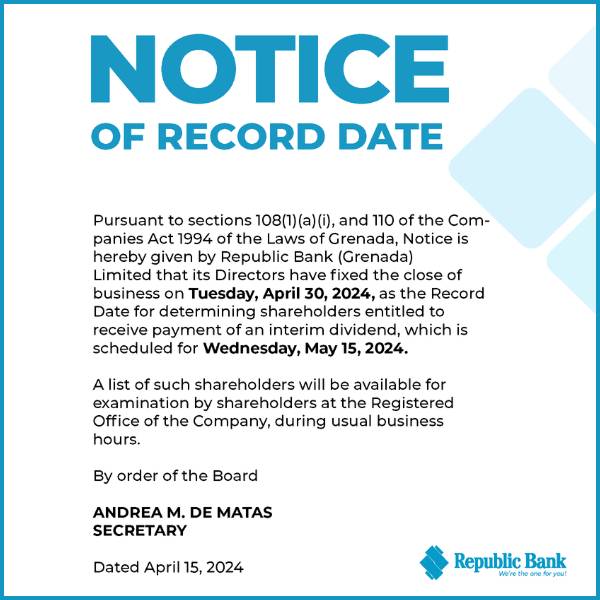
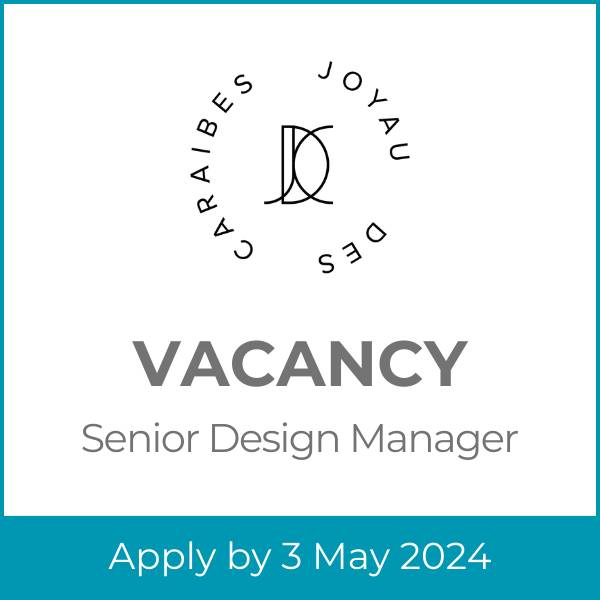
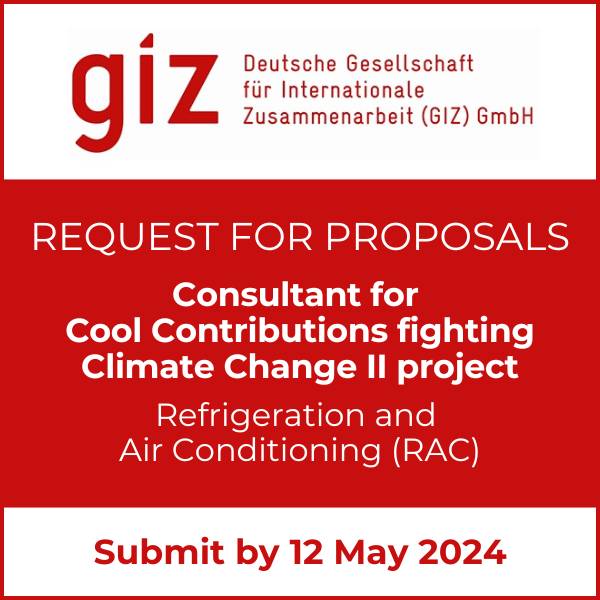


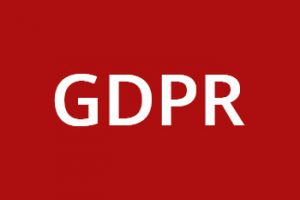
The issues faced by Grenada are as equal to the rest of the universe. How one make their bed.. so they shall lie, is practically applicable to all, irrespective of any other forces, conditions etc.
The Universal acceptance and tight embrace rendered to technology and the new world makes it rather complex to ponder on history, despite its importance. Where we are now, and where we are destined to reach attracts much more attention than where we came from. How many of us would want these historical days to be repeat? Maybe some aspects.
However, I think Grenadians are much more liberal now than before. Grenadians home are less dependent on foreign assistance. There is a general improvement in the quality if life we enjoy.
For the many we are yet to achieve, they must not be viewed as shortcomings or underachievement.
I am very much optimistic that if/when the political opportunity is granted, very little or none of the highlighted negatives will or can be altered, for multiple reasons.
However, freedom of every nature is important, and one must not cease in his attempts to achieve it.